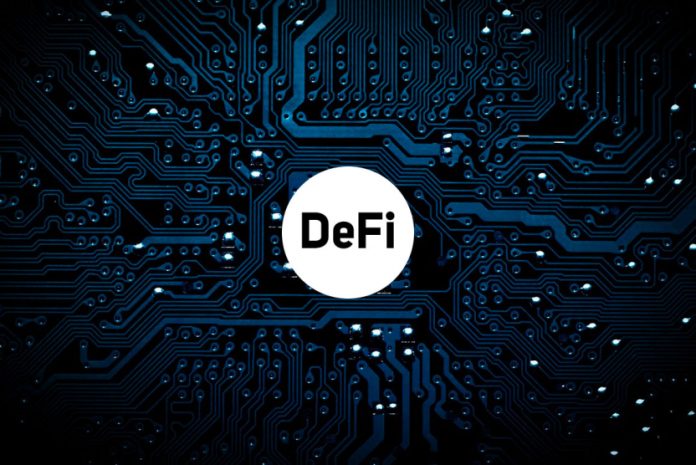Decentralized Finance, commonly known as DeFi, refers to a new and innovative financial system that operates independently of traditional banking and financial institutions. It is built on blockchain technology and aims to provide a more inclusive, efficient, and transparent financial ecosystem. In this blog post, we will explore the concept of DeFi, its advantages, products, and its potential use cases.
What is DeFi?
DeFi encompasses a wide range of financial services and applications that are built on decentralized networks, such as Ethereum. These services include lending, borrowing, trading, asset management, and more. Unlike traditional financial systems, DeFi applications are open-source, accessible to anyone with an internet connection, and operate without the need for intermediaries.
Why DeFi?
The traditional financial system is often characterized by barriers to access, high fees, and lack of transparency. DeFi aims to address these issues by providing a more inclusive and efficient alternative. By leveraging blockchain technology, DeFi applications can offer lower costs, faster transactions, and greater accessibility to financial services.
The Difference with DeFi
The key difference between DeFi and traditional finance lies in its decentralized nature. Instead of relying on centralized institutions to facilitate transactions and enforce rules, DeFi applications use smart contracts and decentralized protocols to automate processes and ensure security. This eliminates the need for intermediaries and reduces the risk of censorship or manipulation.
Use Cases of DeFi
DeFi can be applied to various use cases across different industries. Some common examples include:
1. Lending and Borrowing: DeFi platforms allow users to lend their digital assets and earn interest or borrow assets by using their existing holdings as collateral.
2. Decentralized Exchanges (DEX): These platforms enable users to trade digital assets directly with one another without the need for a central authority.
3. Stablecoins: These are cryptocurrencies that are pegged to a stable asset, such as fiat currency, to minimize price volatility.
4. Asset Management: DeFi protocols offer automated investment strategies and portfolio management services.
5. Insurance: Decentralized insurance platforms provide coverage for various risks using smart contracts.
Advantages of DeFi
DeFi offers several advantages over traditional finance:
1. Accessibility: Anyone with an internet connection can access DeFi services, regardless of their location or financial status.
2. Lower Costs: DeFi applications often have lower fees compared to traditional financial services, making them more cost-effective for users.
3. Transparency: Transactions on the blockchain are transparent and immutable, providing greater visibility and trust in the system.
4. Security: Smart contracts and decentralized protocols enhance security by reducing the risk of fraud or manipulation.
5. Innovation: DeFi encourages innovation by enabling developers to build new financial products and services on open-source platforms.
DeFi Products
Some of the popular DeFi products include:
1. Compound: A decentralized lending protocol that allows users to lend and borrow various cryptocurrencies.
2. Uniswap: A leading decentralized exchange that enables users to swap tokens without the need for an order book.
3. MakerDAO: A platform that issues the stablecoin Dai and allows users to generate Dai by locking up collateral in smart contracts.
4. Aave: A decentralized lending platform that offers users the ability to earn interest on deposits and borrow assets.
Conclusion
DeFi represents a significant shift in the way financial services are accessed and utilized. By leveraging blockchain technology and decentralized networks, DeFi offers a more inclusive, efficient, and transparent alternative to traditional finance. As the ecosystem continues to evolve, we can expect to see a growing number of innovative products and use cases that further demonstrate the potential of DeFi in reshaping the future of finance.
